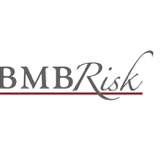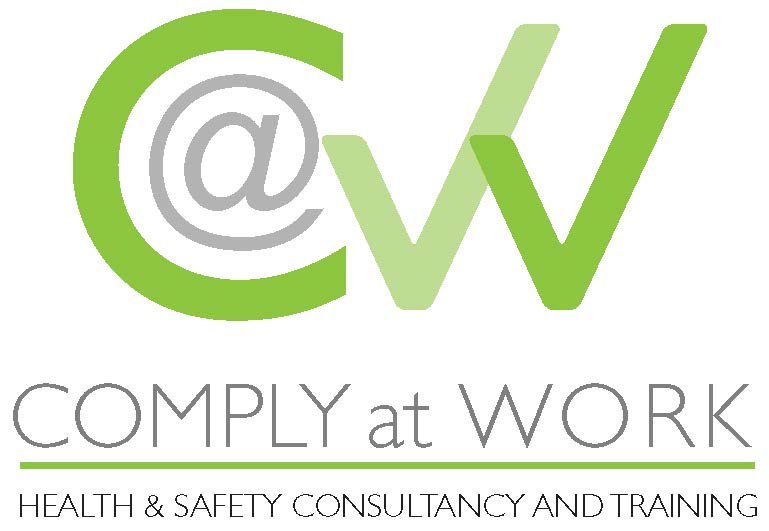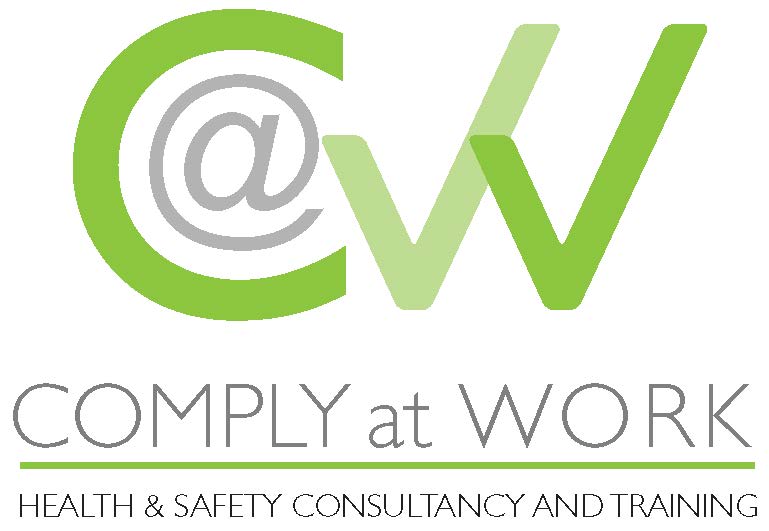Information
-
Employee Safety Interview
-
Conducted on
-
Auditors: Have FM complete a project safety orientation with you and review the pre-con JHA prior to starting interview.
Interview Start
-
For the auditor to read to employee: Hi, my name is ______, I will be reading you some Safety and IES specific questions. These are anonymous and will be used for data collection purposes. Please answer the questions to the best of your ability, you may not have the answer to all the questions, that is to be expected.
-
DSM Name
-
Manager Name
-
Address and Job Name
-
What is your Job Title?
-
Length of Time with IES?
-
Length of Time on this specific job?
HAZCOM/GHS
-
What is an SDS? Answer: Safety Data Sheet
-
Where are the SDS's kept on this location?
-
Can you identify what pictograms tell you?
-
What are the two key signal words in describing a chemical hazard? Answer: Danger and Warning: the signal word “DANGER” identifies chemicals and products that present, relatively speaking, a greater or more immediate hazard to the worker, whereas “WARNING” identifies chemicals and products that present a lesser (although still potentially harmful) degree of hazard.
-
What are the classifications of a chemical hazard? Answer: Health Hazards<br>Physical Hazards<br>Environmental Hazards<br>Mixtures
-
Which one is the most severe 1, 2, 3, or 4 on the GHS Hazard Scale ? Answer: <br>1 = Most Severe 4 = Least Severe The GHS hazard ranking scale is as follows:<br> Category 1 = severe hazard, Category 2 = serious, Category 3 = moderate, Category 4 = slight, and <br> Category 5 = minimal<br>
-
Can you show me how to locate one for PVC primer? Answer: Employee should be able to find that in the Binder or online (internal system)
STOP WORK
-
How does your STOP WORK authority/responsibility work? Answer: Stop work is the authority and obligation to suspend work when health, safety, and environmental risks are not understood or have not been clearly established.<br>•It is a form of intervention and is one of the most important safety tools on the jobsite.
-
Do you know who to turn your STOP WORK into or whom to Report it to? Answer: Safety Manager
IES Specific
-
Do you know where your "Safety Bill of Rights" are kept on this jobsite? - make note of answers
-
Did you participate in the Safety Orientation? If so can you remember four topics that were covered? - make note of answers
-
Do you have Pre-Task Huddles? If so, do you participate? - Note response
-
Can you name two hazards on this job? Are these discussed on your pre-task huddles or in other ways?- note response
-
How often is temporary power to be inspected? Answer: Weekly
-
Are you familiar with your Safety Committee or Safety Leadership? Can you explain?- note response
-
Do you attend the Safety meetings? Do you remember the last topic discussed? - Note response
-
Did you have a weekly toolbox talk? Do you remember the topic? - Note repsonse
-
Do you have an IES Training Card on you?
LOTO
-
What is an electrically safe work condition? Answer: A state in which an electrical conductor or circuit part has been disconnected from energized parts, locked/tagged in accordance with IESCI LOTO policy and verified to ensure the absence of voltage and grounded if determined necessary<br>
-
How many steps are there to conduct a Lockout/Tagout? Answer: 6 - see page 2 of 5.3 LOTO policy
-
Can you just tag equipment instead of locking it? Answer: NO
-
How do you initiate a LOTO? Answer: should be able to describe step #1 of the LOTO policy on page 2
-
Where are the locks and tags kept for a LOTO? Answer: Site specific. Check with supervisor : Note Answer
-
Where is your voltage tester kept?
Energized Electrical Work
-
Did you sign the "Energized Electrical Work" Policy and understand that you cannot work on Energized electrical work without the proper training and approval?
ARC FLASH NFPA 70E This group of questions only apply if Employee has ARC FLASH Training
-
What PPE is required to verify a PPE class 2 ARC Flash hazard? Answer: ARC rated long-sleeve shirt, pants, or coveralls, rated for 8 cal. Safety glasses, Hard hat with ARC rated face shield w/balaclava or ARC-rated suit hood with hard hat, hearing protection, leather and voltage rated gloves and leather work shoes.
-
What are the two risk assessments which must be completed prior to performing energized work? Answer: ARC Flash risk assessment and shock risk assessment
-
If an ARC Flash designation isn't available, what cal rating is necessary prior to performing energized work? Answer: 40 cal
-
What is the safe work distance for a second person assisting with an energized 266 volt lighting panel? Answer: Min 3ft
-
What is the time frame for rubber gloves to be re-certified? Answer: 6 months
General Safety
-
Can you demonstrate how to inspect a fall protection harness, lanyard, SRL and anchorage? Answer: review inspection process
-
Can you demonstrate how to inspect an extension cord? Answer: Review inspection process
-
Where is your rally point in case of an emergency? Answer; Site specific, check with supervisor : Note Answer
-
Name three hazards reviewed in your project safety orientation. Answer: Have FM complete a project safety orientation with you and review the pre-con JHA: Note answers
-
Describe how to report an injury. Answer: Should contact immediate supervisor immediately
-
Where is your first aid kit located? Answer: Site specific, check with supervisor: Note answer
-
Who is responsible for YOUR safety? Answer: The employee
-
Can you provide two examples of IES managements commitment to safety? Answer: This is employee perception: Please note their answer.
-
Is required PPE always available? How do you obtain it? Answer: Site specific: Note answer
-
What are four sources of energy that need to be locked out? <br>Answer: <br>1. Electrical<br>2. Hydraulic<br>3. Pneumatic<br>4. Mechanical<br>5. Gravity<br>6. Thermal<br>7. Chemical<br>8. Fluids & Gases<br>9. Pressurized Fluids & Gases<br>
-
Auditor Name:
-
Auditor Signature











